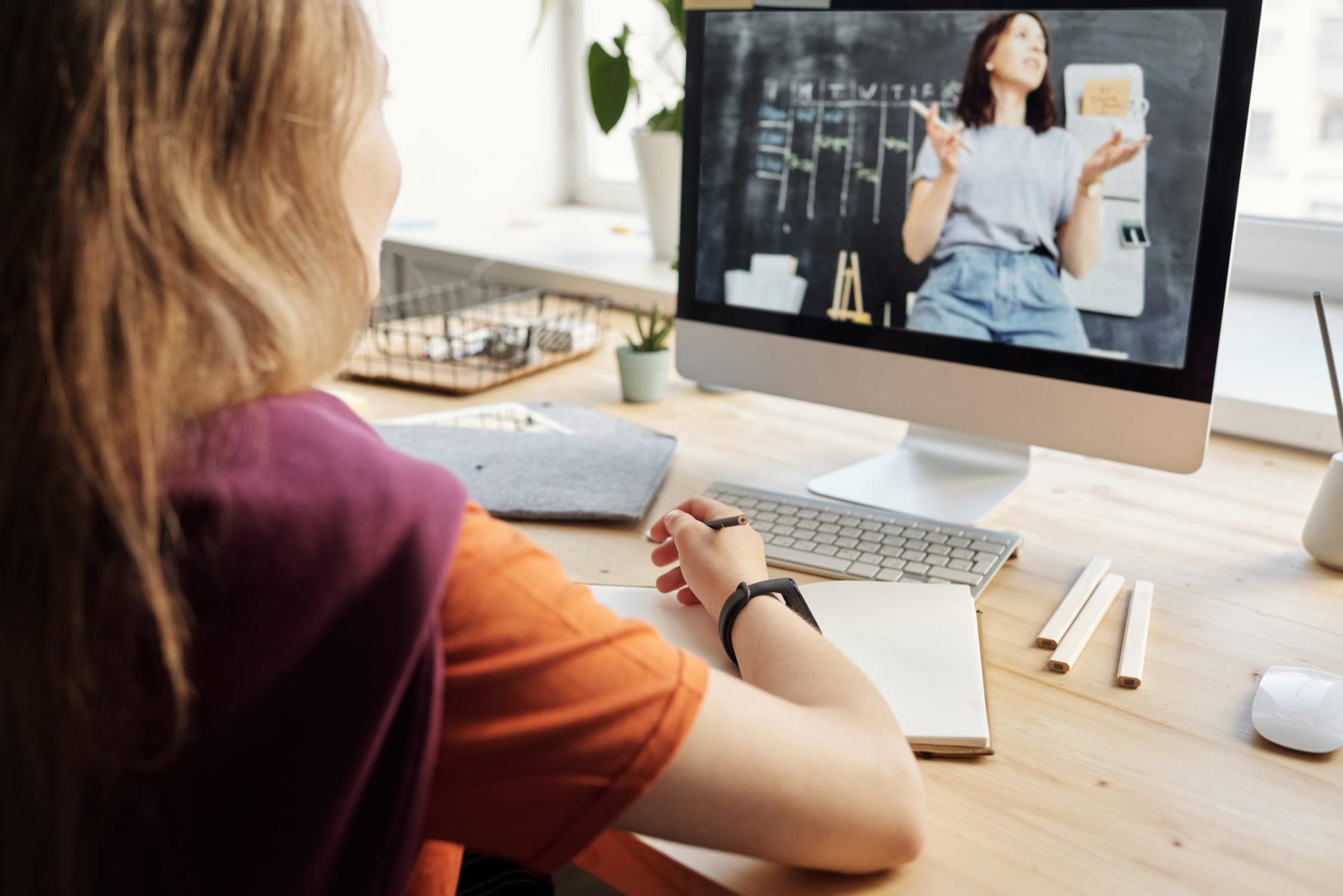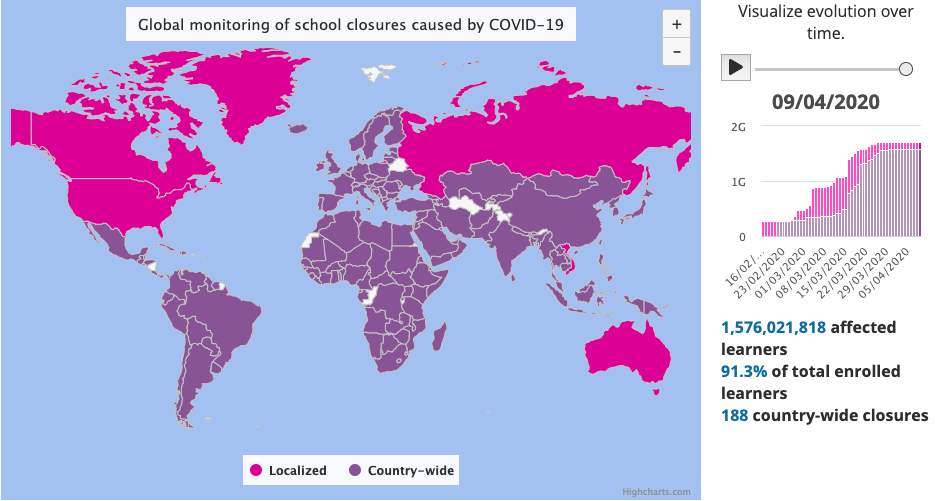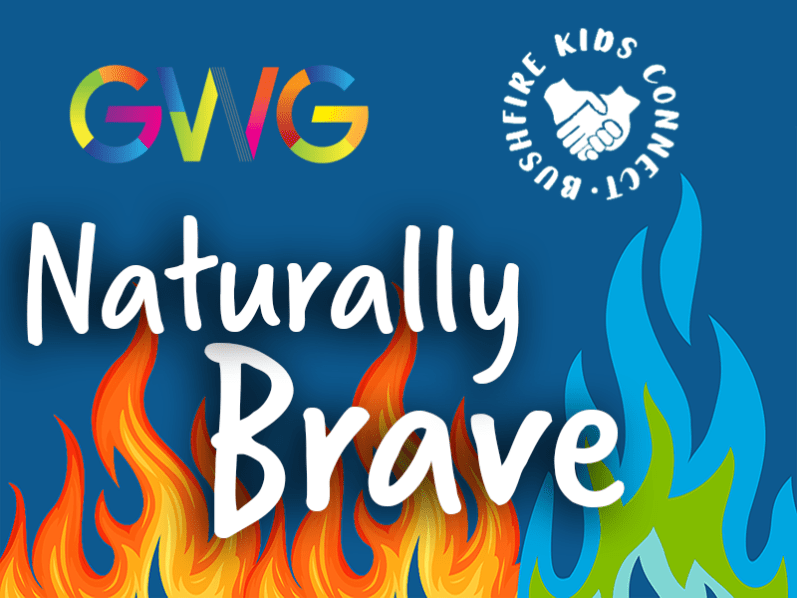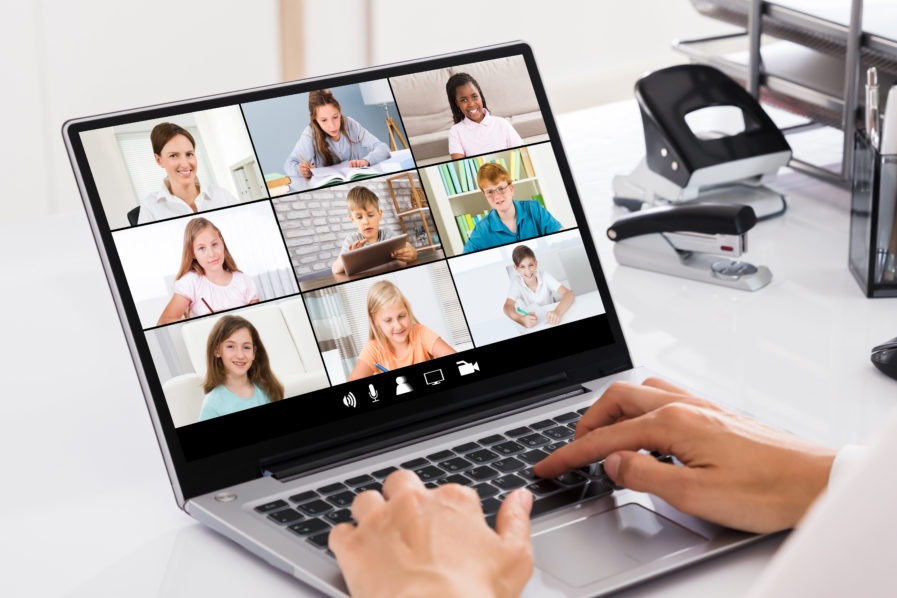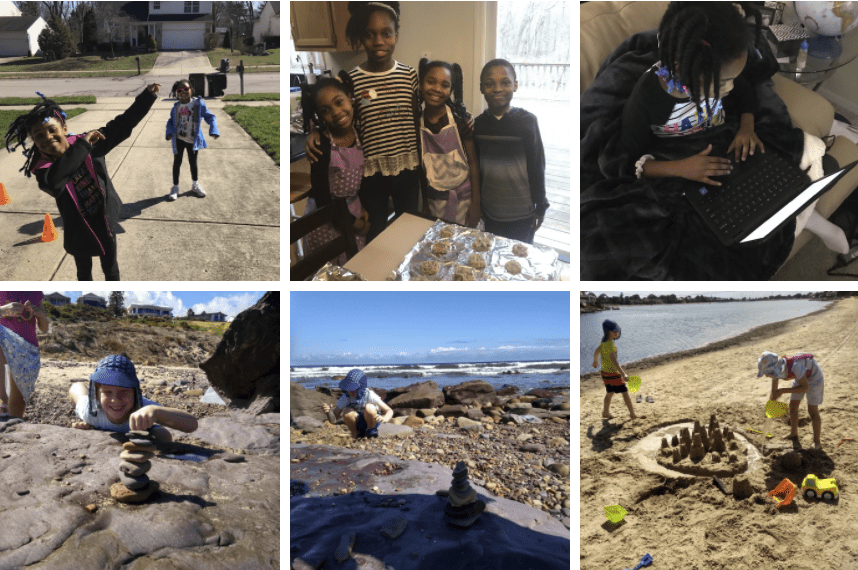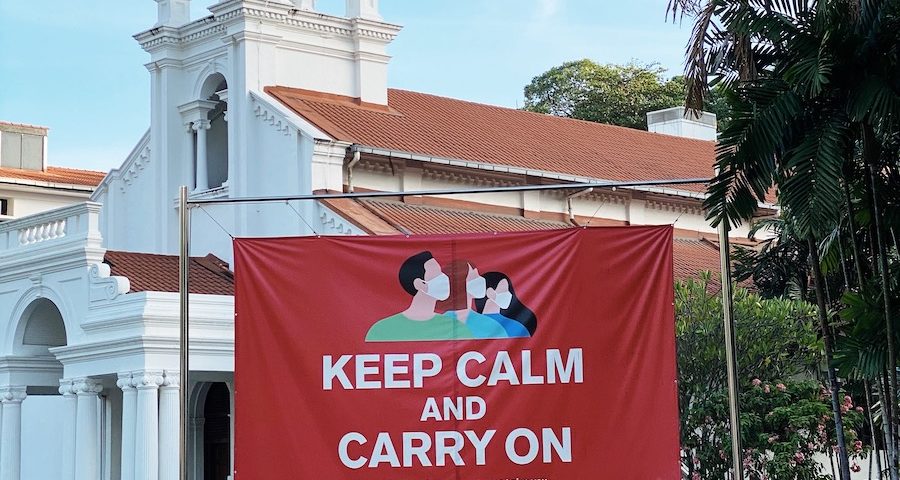The coronavirus has caused worldwide, unprecedented disruption. Within education, teachers and school leaders have spent the last few weeks and months frantically putting together remote learning programs and urgently setting up systems so that their students can continue learning at home during school closures. Educators and students alike are in completely unchartered waters and all signs point to this being our everyday reality for quite some time.
Check out this graph from UNESCO. As of 9th April, 2020: there were 188 country-wide school closures and 1,576,021,818 students affected by coronavirus-related school closures.
These figures are absolutely staggering. Looking at this graph, which represents an aggregated, macro point of view, it’s almost impossible to imagine how this is playing out for the individual school leaders, teacher, students and families in different countries, states, school districts, cities, suburbs, and homes. Each will be experiencing some challenges that are similar, but each will also be experiencing challenges that are unique to their own school district, school, staff room, classroom and household.
With this in mind, we are launching a new series highlighting some of the challenges and positives experiences that teachers within the Makers Empire community are experiencing. So to begin this series, we interviewed two Makers Empire Ambassadors: Robin McGinnis is the STEM Leader at Mount Healthy School District in the USA, and Jonny Wright is the Year 4 Class Teacher & STEAM Coordinator at Nambour State College in Australia.
We’re keen to profile different teachers using Makers Empire so please contact us if you’re interested in being interviewed for this series.
Interview with Robin McGinnis, STEM Leader
How are you finding the sudden shift to remote learning?
The sudden shift to remote learning has been two-fold: overwhelming and exciting.
Remote learning is overwhelming in the sense that I have used Google Classroom for the past two years, but digital products have been less explored. This shift is indicative more so at the elementary than at the junior and senior high school. So to move to all online, can I say: OMG! Many companies are offering their digital learning platforms for free, which is awesome! However, the time effort and energy to see if it works for your students is time-consuming. Frankly, the constant bombardment of products which are being shared is too much!! So, in this capacity, remote learning is overwhelming.
On the flip side, it has been so exciting to learn how to use these digital platforms and a new way to create engagement with our students. I love all the premade lessons on some sites and the ability to load in my lessons as well. I love Makers Empire’s daily challenges! It offers those students who have finished classwork to go in and do activities that are engaging, exciting, as well as developing critical thinking skills and problem-solving skills.
What are you most concerned about regarding remote learning?
My biggest concern is equitable access. Many of our students lack devices. Then for those who may be able to get one from school, they may not have internet access, which then defeats the purpose of getting a device from school. While some of the internet companies are offering free service, it is only for those who are in good standing with them. Unfortunately, that is a considerable barrier for our families.
What are you most hopeful about?
I am most hopeful that education is going to make a massive shift in how we educate children today. It is my belief that this pandemic, for education, should be a huge eye-opener. Are schools keeping up with the changing times? We may need to look at new ways to set up classrooms. Maybe we spend part of our days at the school and the rest of the day students work at home. Some students maybe do all their work online, and only at-risk kids go into the buildings. I think it has brought to light that we need to make some changes: flipped classrooms??
What do you wish people would understand about remote learning?
It is not the end of the world; this is an excellent opportunity to improve how we educate kids!!
How are you using Makers Empire in remote learning with your students?
I am asking the students that I am working with to do the challenges. Then they are to share on Padlet what they created, explain why they designed it that way, and how they might improve it. Then they can look at other creators and comment and offer suggestions.
Do you have any remote learning tips for teachers?
My suggestion would be to set a definite schedule and stick to it. Have set times to work, eat, and exercise, even if your exercise is just a walk around your neighborhood. One of my colleagues/besties at work and I have created a weekly Friday Zoom (meeting).We are calling it our Friday night: W(h)ine about the week. It gave us a chance to share a glass of wine and talk about our struggles and achievements, both professionally and personally. It gives us something to look forward to at the end of the week!!
Interview with Jonny Wright, Year 4 Class Teacher & STEAM Coordinator
How has your school been preparing for remote learning?
In QLD, Australia, we completed our term (a couple of weeks ago). We then had a ‘student free week’ giving us a week to prepare 3 levels of learning for Term 2:
- online learning;
- offline learning for those without internet; and
- face-to-face in the event that we still have the students of critical workers.
How are you finding the sudden shift to remote learning?
I’ve found the last few weeks the most stressful of my career, as student attendance plummeted and (there were) mixed messages from federal government vs media. Luckily, as a school, we already have Seesaw well embedded so the transition has been easier for our staff than others.
What is your school doing to support teachers and families?
We’ve put timetables together for families and schedule activities to release daily. For families looking for more work, we created a ‘home learning’ grid with a range of activities. This was to take the pressure off from the families that were powering through the work.
My mantra to start off home learning is that ‘less is more.’ Many families are overwhelmed by the sheer number of activities and sites we can send them to, while still juggling their own personal circumstances.
What have been some of the positives during this experience?
I have never felt such a strong sense of community. My parents have started reading to their 14 grandchildren via Zoom once a week. My older children have been getting in contact with their cousins and friends via Facetime and Skype every day. Even my 4-year-old wants to Facetime with her Kindy friends (I’m very curious to see what two four olds on facetime looks like).
What do you wish people would understand about remote learning?
Nothing can replace a teacher working in person with a class of students. However, learning will still continue. It may just look a lot different!
How are you planning to use Makers Empire with your students?
We will be setting weekly design challenges for students. They will have the opportunity to use Makers Empire in designing their solutions. Within the app, students will be able to record voiceovers to evaluate their designs
Do you have any remote learning tips for teachers?
Build a routine and stick to it. Work your regular hours, eat at regular times. Set specific times for engaging with and responding to families.
Learning at Home Resources
The Makers Empire team has been working hard to create new resources to support teachers and schools faced with current or upcoming school closures. Check out related posts:
- FREE New & Improved Learning at Home Course for teachers and parents
- 10 Social Distancing & Self Isolation 3D Design Challenges
- 10 Coronavirus 3D Design Challenges For Students
- Set Your Own Design Missions in Makers Empire
Makers Empire helps K-8 teachers teach Design Thinking, STEM and 21st-century learning skills using 3D printing. Our pioneering 3D solutions for schools include 3D modelling software, over 150 lesson plans aligned with international standards and professional development. With Makers Empire, engaged students learn how to solve real-world problems and make their world better.

